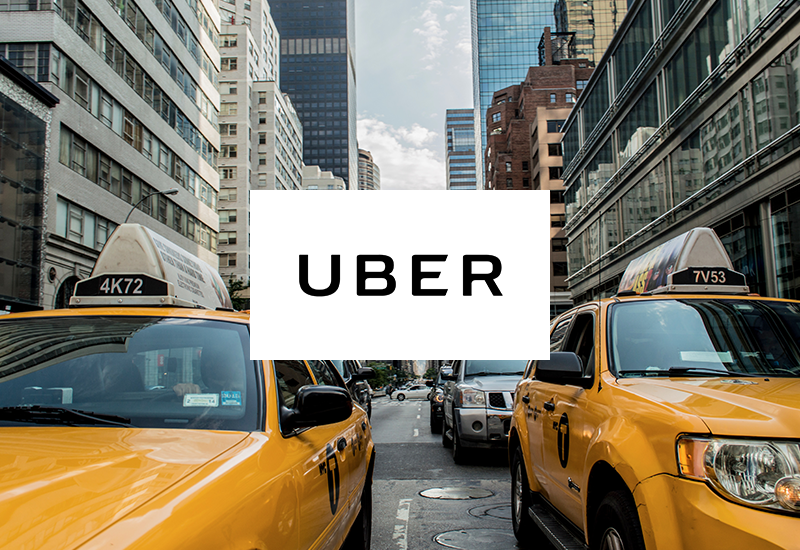

Can ridesharing ease the traffic congestion and improve the quality of life in Indonesia’s booming cities? We helped a global technology company understand the economic impact of its transport services at a time of accelerating urbanisation and changing travel behaviour.
The Challenge
Urbanisation is rapidly increasing in Indonesia. By 2030, another 30 million people are expected to move from the countryside to cities – a mass migration that is set to burden the transport infrastructure, environment and social fabric in urban Indonesia. Many people cite the benefits of shared mobility services, including public transport and ridesharing, but hard numbers are difficult to come by. Our client wanted to understand in detail how ridesharing might impact the economic efficiency and well-being of city life in Indonesia to gauge future business opportunities.
The Solution
We used rigorous economic analysis to produce a novel and comprehensive fact base on the social and economic benefits of shared mobility in Indonesian cities. Relying on client data and publicly available information on travel behaviour in 33 Indonesian cities, we developed a future scenario in which commuters predominantly share rides (including through public transport and carpooling) to get around. This model scenario, for the year 2020, allowed us to crunch the numbers like no other research group has done before.
The Outcome
By evaluating in detail how much time and money Indonesian city dwellers could save if they used shared transport, rather than their own car, we significantly broadened the existing research landscape. Our insights provide a new, solid source of information for businesses and policymakers alike, enabling them to create more efficient transport networks for more liveable Indonesian cities.